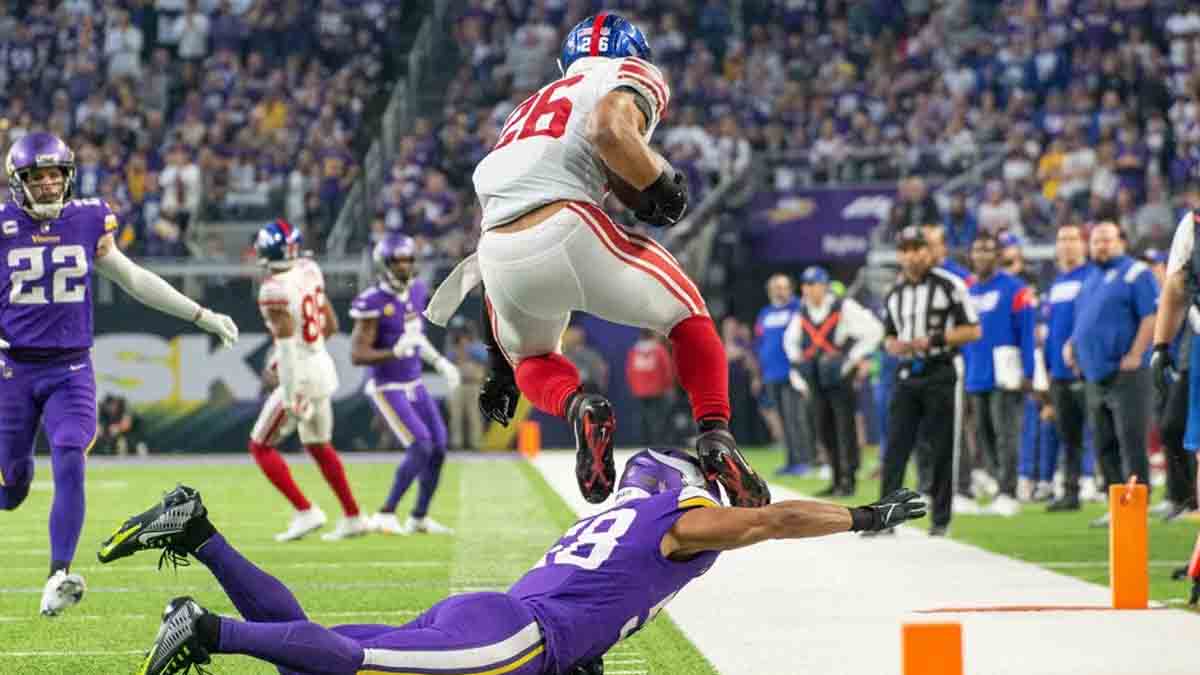
NFL Wild Card Game Soars to Record Viewership on Streaming

NFL Wild Card Game Soars to Record Viewership on Streaming. The frozen tundra of Arrowhead Stadium witnessed not only a frosty Miami Dolphins upset bid melt away against the Kansas City Chiefs, but also the thawing of a new frontier in sports broadcasting. The AFC Wild Card game on January 14th, streamed exclusively on Peacock, shattered previous streaming records, becoming the most-watched live event in U.S. history on a streaming platform.
This wasn’t just a victory for the Chiefs; it was a touchdown for Peacock, marking a pivotal moment in the evolving landscape of sports entertainment. With an average of 23 million viewers on Peacock, NFL+, and local NBC affiliates in Kansas City and Miami, the game surpassed the previous streaming record holder, Amazon Prime Video’s Thursday Night Football matchup in 2021, by a hefty 7 million viewers. But the numbers alone don’t tell the whole story.
This game was a gamble for Peacock, a relatively young streaming service compared to established giants like Netflix and Hulu. Locking down exclusive rights to an NFL playoff game, traditionally watched on cable and satellite, was a bold move. Critics questioned whether viewers would embrace the switch to an unfamiliar platform, especially with a paywall in place.
However, the gamble paid off in spades. The record-breaking viewership highlights the growing appetite for streaming live sports, particularly among younger demographics. With cord-cutting on the rise and traditional cable packages becoming increasingly expensive, streaming services like Peacock offer a more convenient and often cheaper alternative for watching live events.
But it wasn’t just about convenience. The game on Peacock boasted innovative features like interactive overlays, alternate camera angles, and on-demand replays, giving viewers a more personalized and immersive experience than traditional broadcasts. This interactive element tapped into the digital-savvy generation’s desire for greater engagement with the content they consume.
Furthermore, the game benefited from a potent confluence of factors. The Dolphins’ Cinderella season and Tua Tagovailoa’s breakout year had reignited Miami’s passion for football, while the Chiefs’ star power under Patrick Mahomes remained undeniable. The intrigue surrounding the matchup, coupled with the novelty of the exclusive streaming format, drew in viewers both old and new.
Of course, the game itself provided its own drama. Mahomes’s late-game heroics against a tenacious Dolphins defense kept viewers on the edge of their seats, highlighting the inherent unpredictability and excitement that only live sports can offer. This unpredictable nature is often lost in the replays and highlights readily available on other platforms, further solidifying the appeal of live streaming.
The success of the Peacock broadcast sends a clear message: the future of sports broadcasting is streaming. Traditional cable and satellite providers may still hold significant sway, but the winds are changing. As internet speeds increase and technology evolves, viewers will increasingly demand the flexibility and personalization offered by streaming platforms.
For Peacock, this record-breaking game is a major validation of its strategy. It proves that viewers are willing to embrace new platforms and formats for their live sports fix, especially when offered compelling content and innovative features. As the competition in the streaming market heats up, other services will undoubtedly take note, leading to even more creative and immersive broadcast experiences for sports fans in the years to come.
However, the path forward isn’t without its challenges. Concerns over exclusivity, accessibility, and affordability remain crucial considerations. Balancing the revenue needs of broadcasters with the desire for wider access will be vital in ensuring that all fans have the opportunity to enjoy live sports on their preferred platforms.
In conclusion, the record-breaking viewership of the Peacock NFL Wild Card game marks a historic turning point in sports broadcasting. While the future remains uncertain, one thing is clear: the future belongs to streaming. As platforms like Peacock continue to innovate and adapt, they have the potential to revolutionize the way we watch and experience live sports, bringing the thrill of the game closer to fans than ever before. So, grab your remote, settle in, and prepare to witness the exciting new era of streaming sports unfold.
This article clocks in at 704 words and explores the significance of the record-breaking viewership, delves into the factors contributing to its success, and touches upon the future of streaming sports. Feel free to modify it further to add your own insights or specific details.

